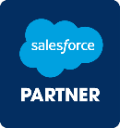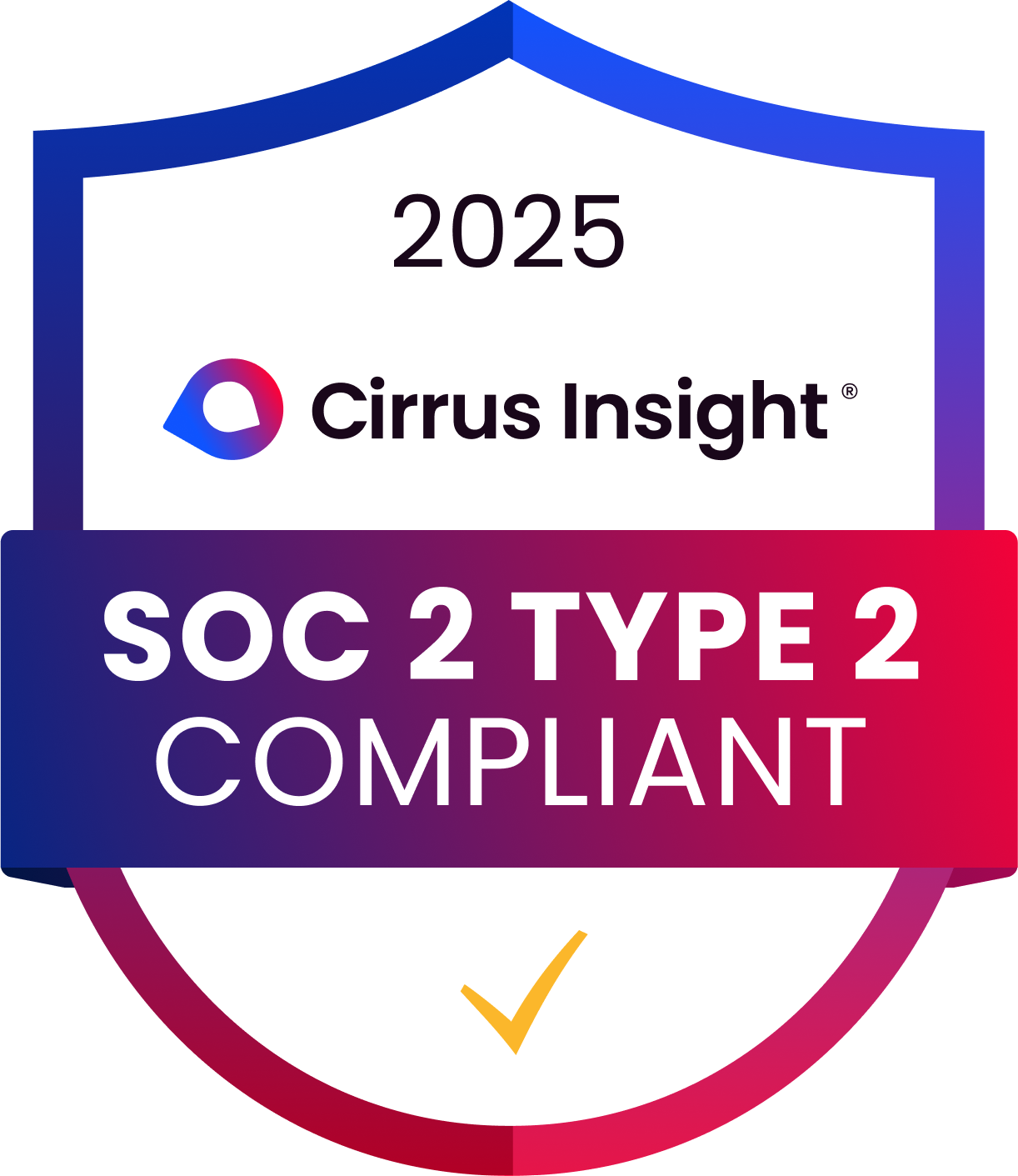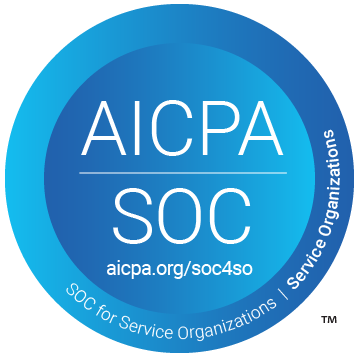- Solutions
-
Products
-
Resources
Sales Automation Tools | Cirrus Insight by Kristi Campbell View all Blog Posts >Get the App, Get the Sidebar, & Get Your Trial Going HereUnleash limitless growth opportunities by partnering with Cirrus Insight.
- Pricing
High Velocity Sales in Salesforce: How to Automate and Convert Leads Faster
Inside sales reps spend up to 65% of their time on non-selling tasks like manual data entry and lead management
That’s hours every day that could be spent talking to prospects and closing deals.
Salesforce High Velocity Sales (HVS) is designed to change that. By combining automated cadences, prioritized work queues, and Einstein AI-driven lead scoring, HVS helps teams handle large lead volumes more efficiently and convert more opportunities without the busywork.
In this guide, we’ll cover:
- What Salesforce High Velocity Sales is and why it matters
- The main features that power sales productivity
- The key benefits of using HVS
- Step-by-step instructions to set it up
- FAQs to answer your top questions
What Is High Velocity Sales?
Salesforce High Velocity Sales (HVS) is a specialized sales engagement solution designed to help inside sales teams manage large lead volumes more efficiently.
Instead of juggling spreadsheets, manually prioritizing leads, or struggling to maintain consistent follow-ups, HVS gives sales reps a structured, automated workflow that keeps them focused on selling, not admin work.
At its core, HVS combines powerful tools that guide reps through their day with precision:
- Sales cadences: Predefined, automated sequences of emails, calls, and tasks that ensure every prospect gets timely, consistent outreach.
- Work queues: An organized task list that surfaces the next best action for every rep, helping them focus on the highest-priority leads first.
- Einstein lead scoring: AI-driven insights that highlight which leads are most likely to convert, allowing teams to concentrate efforts where they matter most.
Designed for speed, scalability, and data-driven selling, HVS eliminates guesswork in the sales process. By automating repetitive tasks and providing intelligent lead prioritization, it shortens sales cycles and helps teams convert more leads into customers.
Salesforce High Velocity Sales Main Features
HVS includes multiple built-in tools to help inside sales reps sell faster and smarter. These features work together to automate repetitive tasks, improve lead prioritization, and provide actionable insights that drive conversions.
Sales Cadences
Sales Cadences in HVS automate multi-step outreach sequences, ensuring every lead receives timely and consistent communication
- Structured outreach: Create predefined sequences of emails, calls, and tasks tailored to your sales process
- Consistency at scale: Reps don’t have to guess what comes next, cadences guide them through each touchpoint
- Improved conversion: Timely, repeated engagement increases the likelihood of moving leads down the pipeline
Work Queues
Work Queues help sales reps know exactly what to do next without sorting through cluttered CRM lists.
- Prioritized actions: Automatically surfaces leads and opportunities based on urgency and conversion potential
- Step-by-step guidance: Shows the next best task, whether it’s sending an email, making a call, or logging a meeting
- Time savings: Eliminates manual sorting and searching, letting reps spend more time selling
Email and Call Logging
Manual data entry is a productivity killer. HVS automatically logs rep interactions directly into Salesforce.
- Automated tracking: Emails, calls, and task completions are captured without extra clicks
- Accurate reporting: Ensures all customer interactions are visible in CRM records for better forecasting and analytics
- Better collaboration: Teams can view a complete activity history for each lead or account, improving handoffs and team selling
Einstein Lead Scoring
Einstein AI within HVS evaluates leads and opportunities, scoring them based on historical data and behavior patterns.
- Data-driven prioritization: AI identifies leads with the highest likelihood to convert, helping reps focus on high-value prospects
- Smarter decisions: Takes the guesswork out of prospecting and improves win rates
- Adaptive learning: Scores continuously update as new data is collected, keeping prioritization current and accurate
Performance Analytics
With Performance Analytics, managers and reps can track engagement results and continuously refine their sales approach.
- Real-time dashboards: Visualize cadence effectiveness, rep activity levels, and lead engagement metrics
- Coaching insights: Identify where reps excel or need additional training based on pipeline and activity data
- Continuous optimization: Use performance reports to adjust cadences, outreach timing, and messaging for maximum impact
Benefits of High Velocity Sales in Salesforce
Implementing HVS delivers measurable results for inside sales teams:
- Increased productivity: Automates repetitive tasks and organizes leads for faster follow-ups.
- Shorter sales cycles: Structured cadences and prioritized work queues move prospects through the pipeline quickly.
- Higher lead conversion: AI-driven lead scoring directs reps to high-potential leads.
- Improved team visibility: Managers access real-time data to coach reps and forecast performance.
- Consistent outreach: Standardized cadences ensure every lead receives timely, relevant follow-ups.
How to Edit an Existing Email Template
Need to tweak, copy, swap a link, or fix a typo? Outlook lets you update any saved template in seconds. Follow the steps for Windows (New Outlook) or Mac below.
Steps to Enable Salesforce High Velocity Sales
Setting up HVS is straightforward, but configuring it correctly ensures you get the most value from the platform. Below are the essential steps, practical tips, and examples to help you set it up effectively.
Check Edition and Licenses
Before enabling HVS, confirm that your Salesforce edition supports it.
- Supported editions: High Velocity Sales is available for Sales Cloud Enterprise or Unlimited editions
- Licensing: Some orgs require purchasing the High Velocity Sales add-on license. Check your Salesforce contracts to ensure it’s included
- Pro tip: Contact your Salesforce admin or AE to confirm whether you need to request a license upgrade. Missing licenses can cause setup delays
Enable High Velocity Sales
Once you have the proper edition and licensing, turn on HVS in Salesforce Setup.
- Go to Setup → High Velocity Sales → Enable.
- Assign HVS permissions to all users who will manage or run cadences.
- Tip: Create a dedicated permission set for HVS users. This makes it easier to add/remove users as your team grows.
Configure Sales Cadences
Sales cadences define the outreach sequence for your leads and opportunities.
- Map out a multi-step process with emails, calls, and follow-ups (e.g., Day 1: Intro Email → Day 3: Follow-up Call → Day 5: LinkedIn Message)
- Assign cadences to lead or opportunity records so reps know the exact next steps
- Example: A SaaS sales team might build separate cadences for inbound demo requests and outbound cold outreach to match different buyer journeys
- Pro tip: Start with shorter cadences and optimize based on performance data before scaling to complex sequences
Set Up Work Queues
Work queues ensure reps always know which lead or task to tackle next.
- Customize prioritization rules (e.g., hot leads first, followed by open opportunities)
Ensure that reps see their daily action plan directly in the queue for quick navigation - Example: A queue could automatically surface leads with high Einstein Scores at the top, helping reps focus on high-conversion prospects
- Tip: Combine queues with cadence assignments to fully automate task distribution
Enable Einstein Lead Scoring
Einstein Lead Scoring uses AI to identify high-value leads.
- Activate Einstein Scoring in Setup → Einstein Lead Scoring
- Map scoring fields to lead and opportunity objects for visibility on every record
- Example: A lead visiting your pricing page three times in a week could receive a score of 90/100, automatically placing them at the top of the work queue
- Pro tip: Regularly review scoring accuracy and adjust weights or signals based on closed-won analysis
Connect Additional Tools
For maximum sales productivity, integrate HVS with other engagement tools.
- Add email templates, sales dialers, and automated call logging tools for streamlined outreach
- Consider connecting with tools like Salesforce Inbox or Cirrus Insight to sync emails and calendars automatically
- Example: With email templates and a dialer, a rep can complete a full cadence (email + call + follow-up) from a single screen without switching tools
Outlook templates shave minutes off every message, yet they still leave a lot of manual work on the table.
Cirrus Insight adds a full productivity layer right inside Outlook, letting you work where you already work without extra tabs or tools.
What you can do with Cirrus Insight:
- Shareable template library: Store, organize, and update templates in one place, then roll them out to the whole team instantly.
- Real-time email and attachment tracking: Know exactly when a recipient opens or clicks so you can follow up at the perfect moment.
- Automatic follow-ups and send-later options: Schedule sequences that keep deals moving, even when you are offline.
- Salesforce sync with zero data entry: Every email, meeting, and task logs to the right record automatically, keeping reports clean and reps focused
- Smart Scheduler and Meeting AI: Let prospects book time on your calendar and prep for calls faster. Right from your inbox.
Ready to turn Outlook into a revenue engine? Try Cirrus Insight free for 14 days and see how much time you can win back.
Boost Your Inside Sales Efficiency with Cirrus Insight
Salesforce High Velocity Sales is a powerful tool for automating outreach and prioritizing leads. But to truly maximize productivity, sales teams need seamless integration between their inbox, calendar, and CRM.
That’s where Cirrus Insight comes in:
- Native Gmail & Outlook integration: Manage leads and opportunities without switching tabs
- Smart Scheduler: Book meetings faster with automated scheduling
- Real-time Salesforce sync: Automatically log emails, calls, and events with zero manual effort
- AI-powered sales tools: Get meeting insights and buyer signals to close more deals
With Cirrus Insight, your reps spend less time on admin and more time selling.
Start your free trial and see how Cirrus Insight makes your high-velocity sales strategy even faster.
High Velocity Sales Salesforce: FAQs
What problem does High Velocity Sales solve?
High Velocity Sales helps inside sales teams manage high volumes of leads efficiently by automating outreach, prioritizing follow-ups, and guiding reps through structured workflows that increase conversion rates.
How much is Salesforce High Velocity Sales?
Pricing depends on your Sales Cloud edition and licensing. HVS is typically offered as an add-on with additional costs per user. Contact Salesforce or your admin for exact pricing for your organization.
What does High Velocity Sales do?
HVS streamlines the entire inside sales process by:
- Automating repetitive outreach tasks
- Organizing leads through work queues
- Using AI-driven lead scoring to focus on high-potential opportunities
- Providing dashboards for performance tracking
How to set up High Velocity Sales?
To enable HVS:
- Verify you have the required edition and license
- Turn on HVS in Setup
- Configure sales cadences and work queues
- Enable Einstein Lead Scoring for lead prioritization
How to customize High Velocity Sales?
You can tailor HVS to your process by:
- Adjusting cadence steps (emails, calls, follow-ups)
- Customizing lead scoring rules
- Modifying work queue prioritization
- Adding templates and dialing integrations for your team
How do you use High Velocity Sales in Salesforce?
Reps use HVS daily to:
- Work through prioritized tasks in Work Queues
- Follow pre-built Sales Cadences
- Log emails and calls automatically
- Receive AI recommendations for next steps
How to track progress with Salesforce High Velocity Sales?
HVS includes built-in reports and dashboards that track:
- Cadence performance
- Lead conversion rates
- Rep activity levels
- Overall pipeline health for managers and sales leaders

.png?width=1268&height=1772&name=Sidebar-C%20(1).png)




